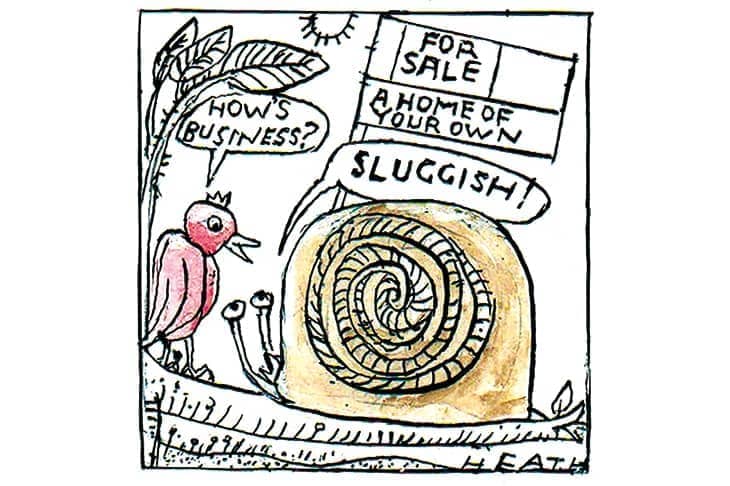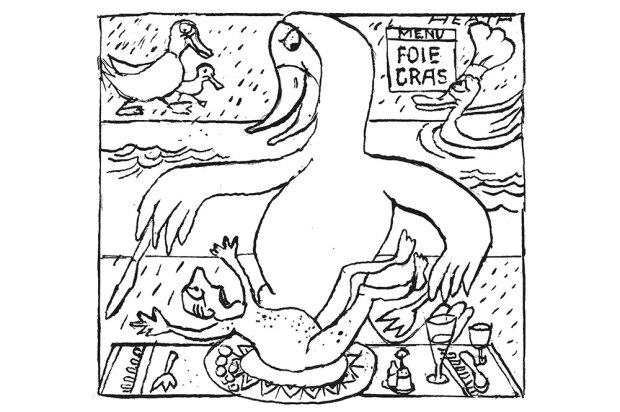Slugs and snails are the bane of every gardener who tries to grow strawberries, leafy and tuberous vegetables, flowering bulbs and soft-shooted perennials. But Britain’s gastropods are ‘misunderstood’, according to Dr Andrew Salisbury, principal entomologist at the Royal Horticultural Society, which announced this month that it will no longer class slugs and snails as ‘pests’.
Already a subscriber? Log in
Subscribe for just $2 a week
Try a month of The Spectator Australia absolutely free and without commitment. Not only that but – if you choose to continue – you’ll pay just $2 a week for your first year.
- Unlimited access to spectator.com.au and app
- The weekly edition on the Spectator Australia app
- Spectator podcasts and newsletters
- Full access to spectator.co.uk
Or
Unlock this article
You might disagree with half of it, but you’ll enjoy reading all of it. Try your first month for free, then just $2 a week for the remainder of your first year.














Comments
Don't miss out
Join the conversation with other Spectator Australia readers. Subscribe to leave a comment.
SUBSCRIBEAlready a subscriber? Log in